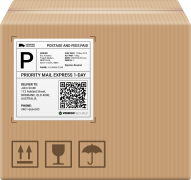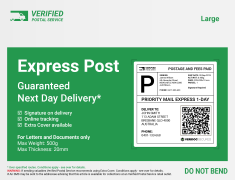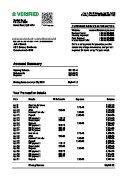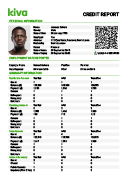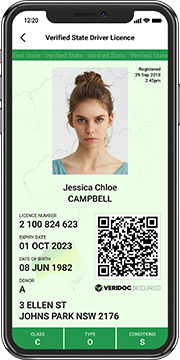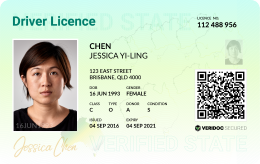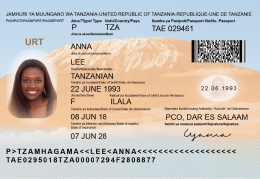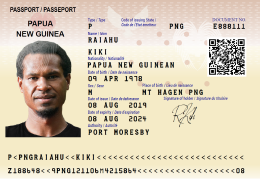
Blockchain in Supply Chain
feature-height">Blockchain ensures transparency and security in supply chains, enabling all stakeholders to verify transactions in real-time, reducing fraud and improving efficiency.

Blockchain in Finance
Blockchain is revolutionizing finance by enabling secure, fast, and cost-effective transactions. It reduces intermediaries and provides transparency in financial operations.

Blockchain in Healthcare
Blockchain is transforming healthcare by ensuring secure patient data management, improving data integrity, and enabling efficient sharing of medical records across organizations.

Blockchain in Real Estate
Blockchain is being used in real estate for secure property transactions, reducing fraud, simplifying the verification of ownership, and streamlining the transfer of assets.

Blockchain in Education
Blockchain is enhancing the education sector by securely storing and verifying academic credentials, preventing fraud, and simplifying the process of credential validation across institutions.

Blockchain in Insurance
Blockchain is streamlining the insurance industry by automating claims processing, reducing fraud, enhancing customer trust, and ensuring greater transparency in policy management.
Frequently Asked Questions (FAQ)
Explore common questions and answers to understand how blockchain technology works and its impact on various industries.
What is blockchain?
Blockchain is a decentralized, distributed digital ledger technology that records transactions across multiple computers. It ensures transparency, security, and immutability by using cryptographic techniques.
What are the prerequisites for taking a blockchain course?
While not mandatory, basic knowledge of programming languages (such as Python, JavaScript, or C++), computer science concepts (data structures, algorithms), and an understanding of cryptography would be beneficial.
What is the difference between public and private blockchains?
Public Blockchains: Open to everyone, decentralized, and permissionless (e.g., Bitcoin, Ethereum).
Private Blockchains: Closed networks that are typically controlled by a single entity, offering more privacy and speed.
What is a smart contract?
A smart contract is a self-executing contract where the terms of the agreement are directly written into code, allowing for automatic execution and enforcement without intermediaries.
What are dApps?
Decentralized applications (dApps) are applications that run on blockchain networks, rather than centralized servers. They use smart contracts and blockchain to provide transparency and eliminate intermediaries.
How is blockchain used in industries beyond cryptocurrency?
Blockchain is used in various industries such as supply chain management, healthcare, finance, voting systems, and digital identity verification, among others, for its ability to provide secure and transparent records.
What is the role of a blockchain developer?
Blockchain developers design, implement, and maintain blockchain systems. They may work on creating smart contracts, developing dApps, or ensuring the security and functionality of a blockchain network.
Can blockchain be hacked?
Blockchain developers design, implement, and maintain blockchain systems. They may work on creating smart contracts, developing dApps, or ensuring the security and functionality of a blockchain network.
What is the future of blockchain technology?
Blockchain technology is expected to continue growing and evolving, with potential applications in various sectors such as finance (DeFi), digital identity, supply chain, healthcare, voting, and beyond. Innovations such as interoperable blockchains and scalability solutions are areas of active development.

Why should you join the course?
Gain Industry-Relevant Skills
Learn practical blockchain skills that are in high demand across industries. Get hands-on experience with blockchain technologies used by leading companies worldwide.

Increase Your Career Opportunities
Blockchain technology is revolutionizing multiple industries. By mastering it, you can unlock career opportunities in fields like finance, healthcare, and logistics, among others.

Stay Ahead of the Curve
Blockchain is one of the most transformative technologies of the 21st century. By joining the course, you'll stay ahead of the curve and gain expertise in a rapidly growing field.

Get Certified
Upon completion of the course, you'll earn a valuable certification that will boost your resume and increase your credibility in the blockchain field.


